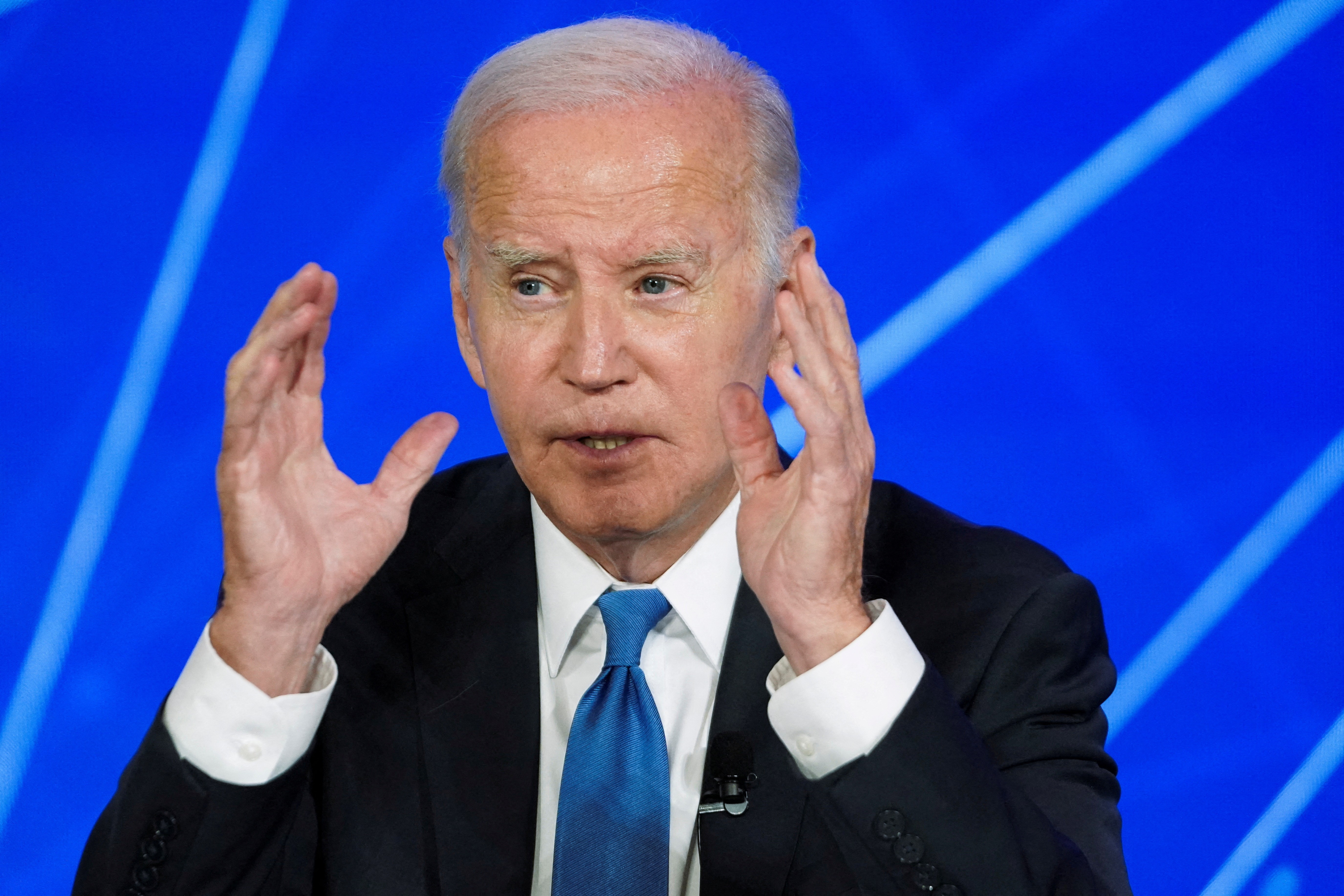Biden’s AI Plan: Shaping the Future of Crypto and Artificial Intelligence
The Executive Order's Implications for the Crypto World

**Introduction**
In a world where technology advances at an unprecedented pace, U.S. President Joe Biden’s recent executive order on artificial intelligence (AI) takes center stage. It represents a significant step towards regulating a transformative force that could reshape society, economy, and national security. As we delve into the intricacies of Biden’s AI plan, we’ll also explore its impact on the crypto landscape. This article highlights the necessity of establishing regulatory frameworks for both AI and cryptocurrencies to ensure responsible innovation.

**Biden’s AI Executive Order**
On October 30, President Joe Biden wielded his executive authority to address the growing importance of AI technology. The executive order’s primary aim is to establish regulatory guardrails for AI, which has the potential to revolutionize various sectors, including healthcare, finance, and national security. However, it’s crucial to recognize that while this executive order takes significant strides towards AI regulation, it is not an exhaustive solution. The role of Congress remains indispensable in creating a comprehensive framework.
**AI’s Inherent Risks**
AI brings about substantial risks, ranging from the notorious “deepfakes” that can mimic anyone’s appearance to significant national security concerns. The introduction of regulatory measures bridges the gap between the United States and its global counterparts. For instance, the European Union has already enacted draft legislation banning the use of AI in biometric surveillance. China, on the other hand, introduced proposed rules mandating AI platforms to adhere to their strict censorship laws. Biden’s executive order acknowledges the need to address these challenges and promote ethical and secure AI development.
**The Quest for Standards**
While Biden’s decision to address AI regulation is commendable, the absence of specific standards leaves technologists in a state of uncertainty. The AI industry seeks a standardized framework to guide its development and operation. Figures like Sam Altman, co-founder of OpenAI, have advocated for the creation of a licensing system for the most powerful AI models. The executive order stipulates a 90-day deadline for federal agencies to take action, but it does not lay out the precise rules governing AI’s core technology.
This lack of specificity could lead to regulatory fragmentation across various agencies, potentially hindering AI’s growth in the United States. To comprehend the implications of such fragmentation, we need to examine the example of the cryptocurrency industry.
**Lessons from the Crypto World**
The cryptocurrency world offers a cautionary tale of what can happen in the absence of comprehensive regulation. In the case of cryptocurrencies, the Securities and Exchange Commission (SEC) chose a strategy of reactive one-off lawsuits rather than proactive rule-setting. This fragmented approach has left the industry in a state of ambiguity, causing some businesses to consider relocating outside the United States.
For instance, Andreessen Horowitz, a prominent venture capital firm, opened its first international office in London due to the perceived hurdles of achieving cohesive crypto legislation in the United States. The absence of clear regulations has caused uncertainty in the crypto market, making international expansion an attractive option for many.
**The Implications of Technology Relocation**
When important technologies move outside of the United States due to regulatory uncertainty, the country risks losing its ability to influence their development. In a globalized world, being at the forefront of technological innovation is essential for maintaining economic and strategic relevance. Falling behind in these transformative opportunities poses a significant threat to the livelihood of American citizens.
For instance, AI systems could potentially replace up to 2.4 million jobs in the United States by 2030, as projected by research firm Forrester. Such job displacement could significantly impact the unemployment rate, driving it from the current 3.8% to 5.2%. To avoid this scenario, a proactive approach to AI regulation becomes imperative.
**The Global AI Landscape**
The global AI landscape is highly competitive, with countries vying to establish dominance in the field. Countries like China are investing heavily in AI research and development, aiming to set global standards in various AI applications. By contrast, the United States has historically been a leader in AI, nurturing early innovators like OpenAI and Anthropic. However, without clear regulatory frameworks and comprehensive guidelines, the U.S. risks losing its edge in this transformative technology.
**The Economic Imperative**
AI is not just a matter of technological prowess; it’s an economic imperative. It has the potential to drive economic growth and job creation, making it a cornerstone of future prosperity. Failure to regulate and steer the development of AI in the United States could result in missed opportunities and significant economic consequences. Therefore, it’s essential that the country takes proactive measures to harness the potential of AI while ensuring responsible and ethical innovation.
**Biden’s AI Executive Order in Detail**
To understand the implications of Biden's executive order on AI, let's delve into its key provisions:
1. **Safety Testing Disclosure:** The order requires developers of AI programs that pose potential national security or economic risks to share the results of safety tests with the government and the public. This transparency is essential to assess the risks and benefits associated with AI applications.
2. **Defense Production Act:** The executive order invokes the Defense Production Act to ensure that AI technology aligns with national security interests. This measure underscores the importance of AI in safeguarding the nation’s well-being.
3. **Promoting Competition:** Federal agencies are tasked with promoting competition in the AI industry. This will help prevent monopolies and encourage innovation, fostering a dynamic and competitive AI landscape.
4. **Consumer Protections:** The order extends to consumer protection measures in industries like healthcare and lending, where AI is increasingly prevalent. This is vital in ensuring that AI applications do not harm consumers or compromise their privacy.
**The Need for Congressional Action**
While Biden’s executive order is a significant step forward, it is not a substitute for comprehensive legislation. The executive branch can only address specific aspects of AI regulation, leaving gaps that only Congress can fill. To achieve a robust and balanced regulatory framework for AI, Congress must enact laws that provide clarity, accountability, and ethical guidance.
**Conclusion**
In the grand scheme of technological advancement, the regulation of AI is pivotal. Biden’s executive order is a commendable effort to address the pressing issues associated with AI, but it is just one piece of the puzzle. To avoid the pitfalls faced by the crypto industry due to regulatory ambiguity, the United States must act decisively to establish comprehensive AI regulations. This is not only an economic and technological imperative but also a necessity to ensure the responsible development and use of AI for the benefit of society and the nation.




